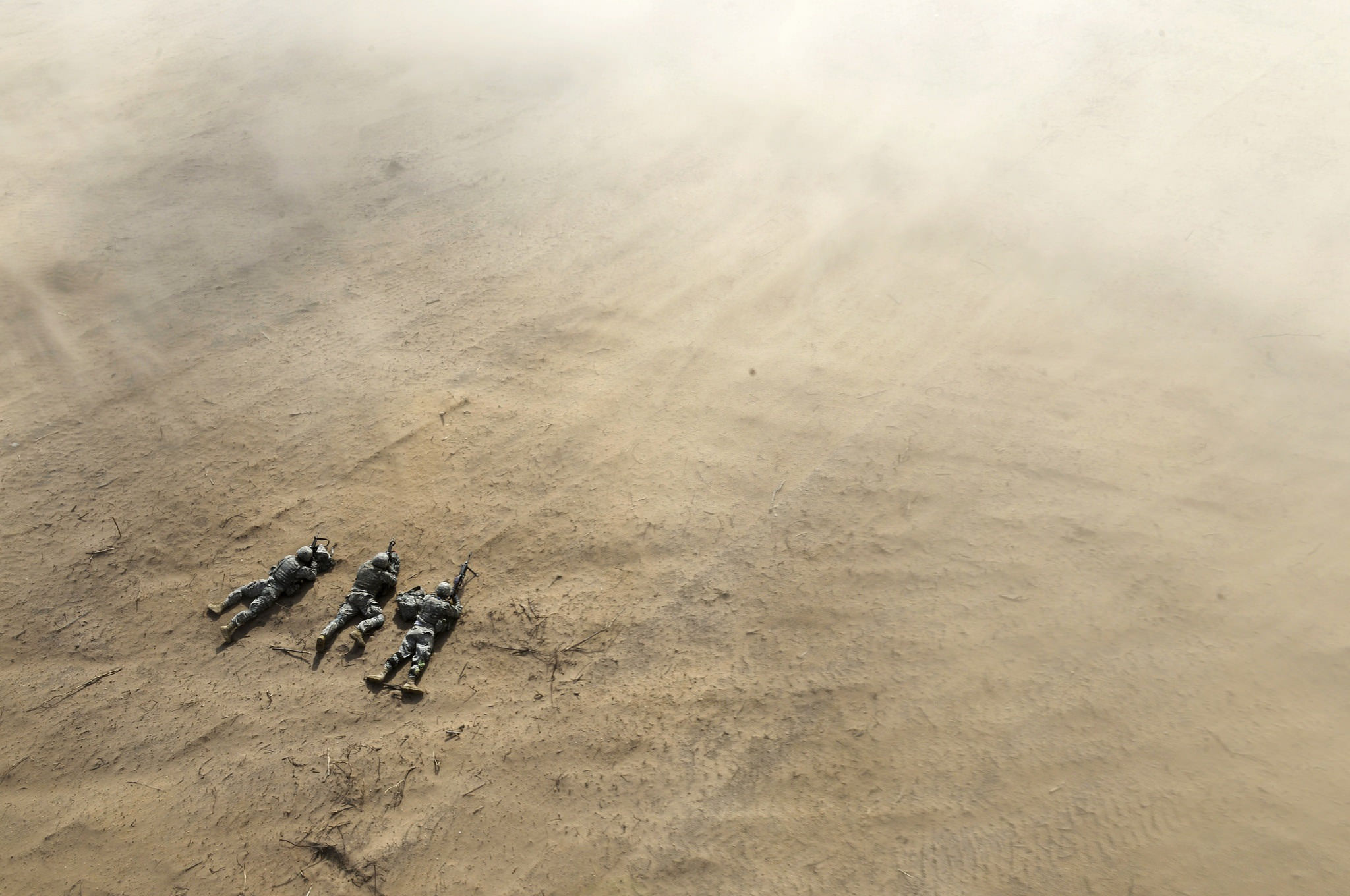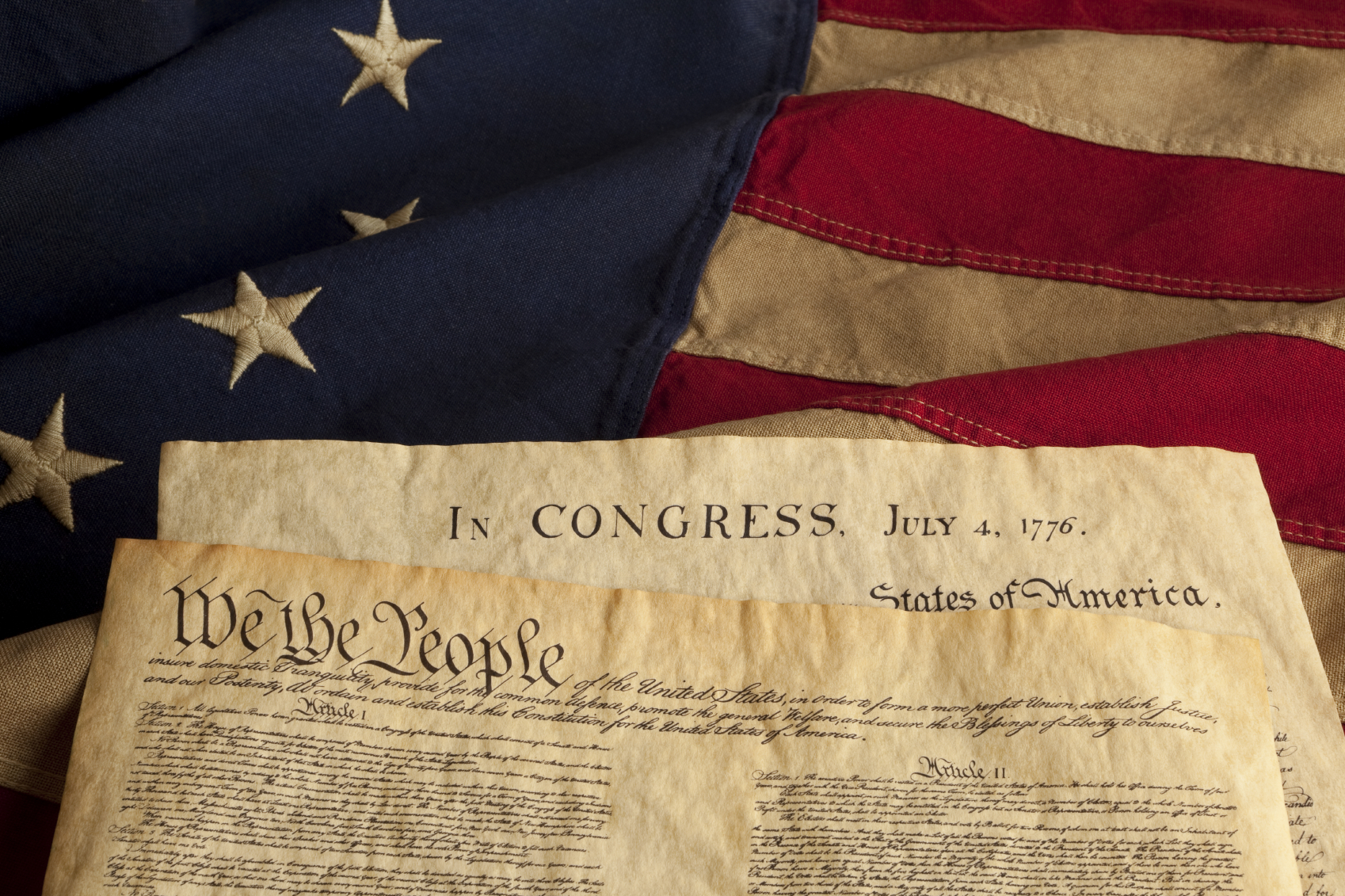Treason: The betrayal of one’s own country by waging war against it or by consciously or purposely acting to aid its enemies. Obama and Congress have done this over and over again!
The U.S. Constitution is the bedrock of all American jurisprudence. Without it, no legal protections for human rights and no laws ensuring liberty or freedom exist. All branches of government require office holders to pledge oaths and/or commitments to upholding the U.S. Constitution. Commissioned and non-commissioned officers, as well as enlisted members of the Armed Forces, also take oaths to defend the Constitution.
When elected officials take their oaths, they are swearing to defend the U.S. Constitution. Constitutional oaths prohibit enacting and following unconstitutional laws and illegal orders. Constitutional oaths also prohibit oath takers from participating in and/or defending corruption, including covering up illegal actions of other oath takers.
In fact, defending the Constitution requires members of the Armed Forces to disobey illegal orders. And, in the case of alleged treasonous acts, members of the Armed Forces are constitutionally bound to arrest such offenders.
The Case for Treason
By sending billions of dollars to provide “aid and comfort” to America’s sworn enemy, Iran, Barack Obama and the majority of Congress are guilty of treason.
Treason against the United States is defined as 1) “consist[ing] only in levying war against them,” or 2) “in adhering to their enemies, giving them aid and comfort.”
Some argue this definition is only applicable during wartime. Regardless of how one defines America “at war” sending cash to Iran, a sworn enemy whose leaders have publicly declared its intent to destroy America, and to continue building nuclear weapons, clearly falls within the Constitutional definition of a treasonous act.
U.S. Senators and Congressmen can be arrested for acts of “Treason, Felony and Breach of the Peace,” as outlined in Article 1 Section 6 of the Constitution.
Constitutional Oaths
Article 2 Section 1 Clause 8 specifies the oath of office for the Presidency, which entails a greater responsibility than what is outlined in the text below:
“Before he enter on the Execution of his Office, he shall take the following Oath or Affirmation: — “I do solemnly swear (or affirm) that I will faithfully execute the Office of President of the United States, and will to the best of my Ability, preserve, protect and defend the Constitution of the United States.”
Article 6 states that all branches of government are bound to their oath to defend the Constitution– from threats both foreign and domestic. It reads:
“The Senators and Representatives before mentioned, and the Members of the several State Legislatures, and all executive and judicial Officers, both of the United States and of the several States, shall be bound by Oath or Affirmation, to support this Constitution.”
Commissioned Officers in the Armed Forces take the following oath (as prescribed in the August 1959 DA Form 71):
“I, _____, having been appointed an officer in the Army of the United States, as indicated above in the grade of _____ do solemnly swear (or affirm) that I will support and defend the Constitution of the United States against all enemies, foreign and domestic, that I will bear true faith and allegiance to the same; that I take this obligation freely, without any mental reservations or purpose of evasion; and that I will well and faithfully discharge the duties of the office upon which I am about to enter; So help me God.”
Enlisted personal and Non Commissioned Officers take the following oath (as prescribed by Title 10, U.S. Code (which replaced original 1789 language), adopted on May 5, 1960 and amended on October 5, 1962):
“I, _____, do solemnly swear (or affirm) that I will support and defend the Constitution of the United States against all enemies, foreign and domestic; that I will bear true faith and allegiance to the same; and that I will obey the orders of the President of the United States and the orders of the officers appointed over me, according to regulations and the Uniform Code of Military Justice. So help me God.”
All of these oaths are sworn– not to a person– but to defend the U.S. Constitution from threats both foreign and domestic.
The oath to preserve, protect and defend the Constitution provides the foundation for the balance of power created in three branches of government. The Uniform Code of Military Justice requires members of the Armed Forces to only follow lawful orders and to disobey illegal orders.
The crimes important enough to be identified in the Constitution– “Treason, Felony and Breach of the Peace,” are important enough to be prosecuted, punished, and prevented.
All it requires is for those who have taken their oaths of office to act on what they swore they would actually do.
Source…





 More than 100 years after the first Labor Day observance, there is still some doubt as to who first proposed the holiday for workers.
More than 100 years after the first Labor Day observance, there is still some doubt as to who first proposed the holiday for workers.